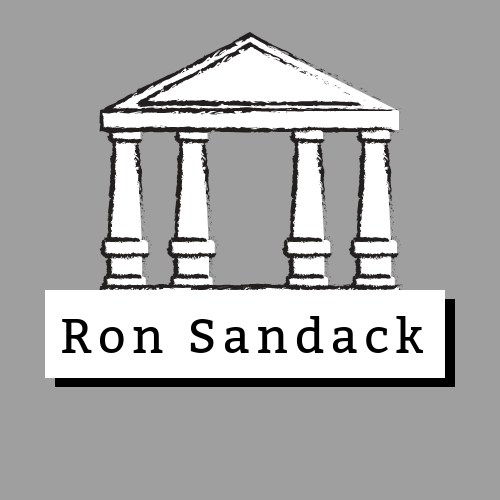We all know that Illinois has a huge public pension problem. It is nearing a point of becoming an unfixable one. One of the biggest ones in the country as a matter of fact and little has been done by our government to try and remedy the situation. But, finally, Governor Pritzker has started to address the $185 billion dollar elephant in the room. One of his proposals in February addressed the subject of our pension debt and organized a task force that would evaluate the use of consolidation.
What exactly would pension consolidation look like? To answer that question we should first look at the state of our current public pension funds.
Illinois boasts the second highest number of public pension funds, clocking in around 653, preceded only by Pennsylvania. Our hundreds of pension funds are a far cry away from states like Ohio, which only has one! The overall pension system in Illinois is only about 40% funded which is dragging the financial state of the Land of Lincoln farther and farther down.
Pension funds are not free to run either; there are costs. They require supervision and administrative work which all adds up and provides more of a strain on the Illinois taxpayer. For a little bit of background on this, in some pension funds, it can cost upwards of $1,400 a year to administer the funds for one firefighter! Former police and firefighters in areas around Chicago have a myriad of separate funds whereas non-uniformed employees of the government have one – the Illinois Municipal Retirement Fund.
The IMRF has the best financial standing of any of Illinois’ pension funds, with almost 90% funding – but we all know that we can’t say that of the other hundreds. Also, the IMRF only costs around $370 per year to administer to the state’s municipal employees. Additionally, IMRF has required funding built into the law, which is distinct in comparison to the state funds where under-funding (or no funding) regularly occurred. So, what would consolidation of these hundreds of pension funds actually do?
The most tangible way that consolidation would help Illinois, is simply by lowering the administrative and investment fees associated with running a pension fund. By cutting back the number of funds that need to be managed, the state could save the taxpayers a lot of money. Merging the downstate pension funds into the IMRF is part of the plan.
As to any new public policy, there are naysayers who are against the plan for pension consolidation. Local pension funds may experience whiplash and argue the lack of control that they would have over their funds plus the necessary funds needed to liquidate current assets and reinvest.
But would it really be a pension proposal without some backlash? Consolidation would be a smart, and efficient way to ease the burden that the administrative fees of running pension funds put on the Illinois economy.

